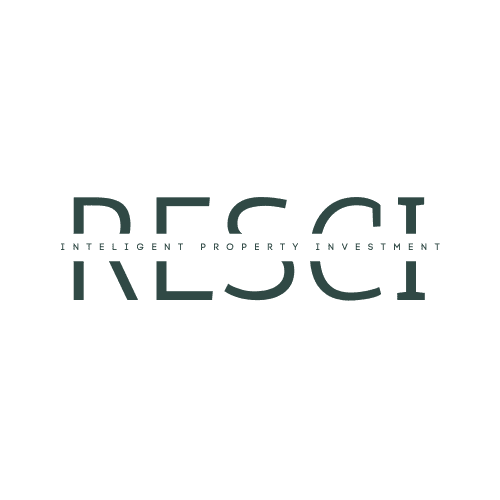Introduction
Property investing is a wealth creation vehicle. It has been for centuries and will continue to be for decades to come. In fact, you don't even have to be a good investor in order to profit from property investment. I'll explain how later on in this article, but first we need to understand the fundamentals of property investment.
Education
You will also need to learn about the market, the property, and the area.
You need to understand how much this investment is going to cost you in terms of time and money. For example: What type of deposit do I need? How much should I be paying for the transfer and registration of the bond? What are my financing options and what kind of interest rate am I likely to get? You’ll also have to consider whether your investment strategy requires specialist involvement, such as property inspectors, engineers, etc.
The more knowledge you have at hand, the better equipped you will be when making an offer on a property - so don't skimp on education!
Potential
When you purchase a property, there are numerous potential benefits that can be realised. The most significant ones include:
capital growth - the value of your property will increase over time as it becomes more and more desirable;
rental income - as your rent increases over time, your profit margins improve, or if you didn't find a property that cash flows from day one, you will get closer to break-even at each rental increase;
interest rate decreases - if rates decrease during the term of your loan, this will have an impact on both interest payments and loan repayments, the reverse is also possible and should be factored into your models;
access to equity - as your property value increases, you will have access to more of the value of your property through equity on the bond, or taking out a 2nd mortgage on the property.
Investing for cashflow
You can invest for cashflow with the goal of buying properties that bring in a regular income (like rental properties), or you can find investments that pay dividends. The former is a good way to build wealth, while the latter is a great way to secure your financial future.
Cashflow investing is often called “income property investing” and it involves buying properties which provide long term financial stability, such as rental properties. In this case, you're buying an asset that pays itself off over time—this method provides positive cash flow after all expenses are taken care of. In other words: as long as you collect rent from your tenants on time and in full every month, then your investment should continue producing a profit for years to come!
Investing for cashflow gives individuals an opportunity to take some control over their finances without having any previous experience or knowledge about real estate investing—it's easy enough for beginners, given you put in the work and educate yourself! In addition they need funds available now so they don't miss out on any opportunities available today; patience throughout the process; motivation because there will be times when nothing seems like it's going right; determination because sometimes there will be setbacks along the way towards achieving their goals; and persistence when things seem hopelessly lost at times due only because they haven't yet realized how much progress has already been made thus far.
Investing for long term growth
To achieve long-term growth, you need to invest in properties that will appreciate over time. This means they must be in high demand and/or located in a growing area. However, it is important to not get too caught up on the market and location of your investment property when looking for something with high potential for future appreciation. You may have an eye for real estate and know exactly what kind of property will perform well over time; however, those who lack this skill can still find success by following these guidelines:
Go online and search for lists of hot markets (e.g., Equestria, Bryanston, Sunninghill, Somerset).
Look into the average rent prices compared to income levels across various districts within those markets
Determine which areas have higher demand based on population density versus supply of housing units available so that people may live there comfortably without being overcrowded or feeling cramped in their homes
Property is a wealth creation vehicle
Property is a long-term investment.
The advantages of property over the stock market are that you can actually see the thing you are invested in and it's tangible, but there are also disadvantages. If you buy a property used, it may need repair work before you can rent it out or sell it at a higher price than what you paid for. You will also have to pay interest on loans, unless you bought the property with all cash. It is a long term strategy, with it's own ups and downs, but if you persevere and did your homework, it will ultimately be a great success that outperforms the stock market when averaging it out over time.
In conclusion: Property investing can be valuable as an investment tool if done correctly and wisely with money management skills that include common sense investment strategies for wealth creation such as buying low then selling high and holding for the long term!
Conclusion
Property investing is a great way to create wealth. The key is to make sure that you have the right strategy and approach so that you can avoid pitfalls and take advantage of opportunities. Property investing has been around for centuries, but with new technologies and innovations emerging all the time it's never been more accessible or exciting!

